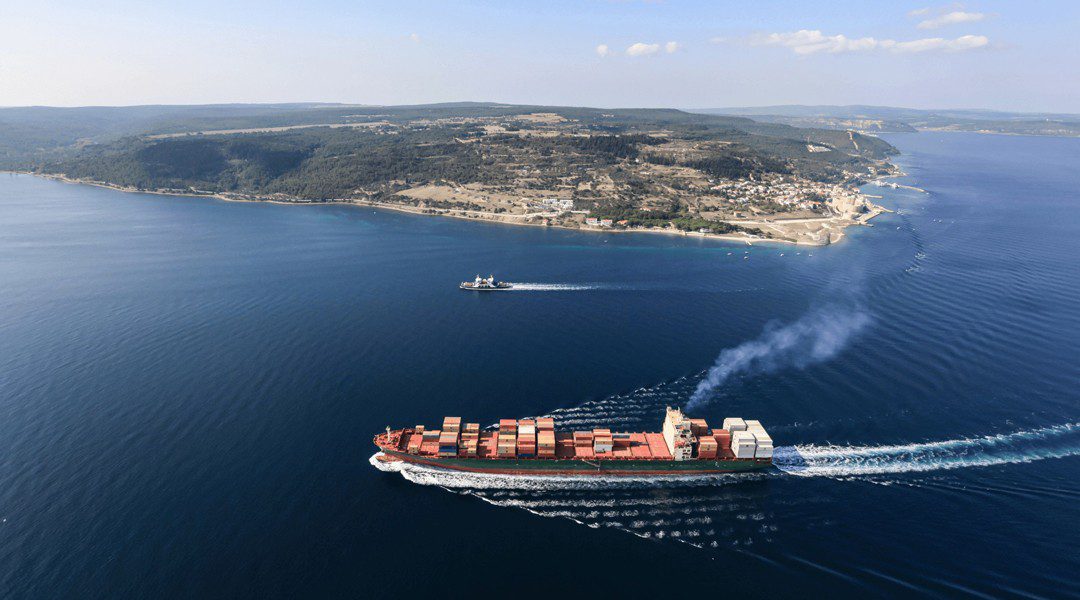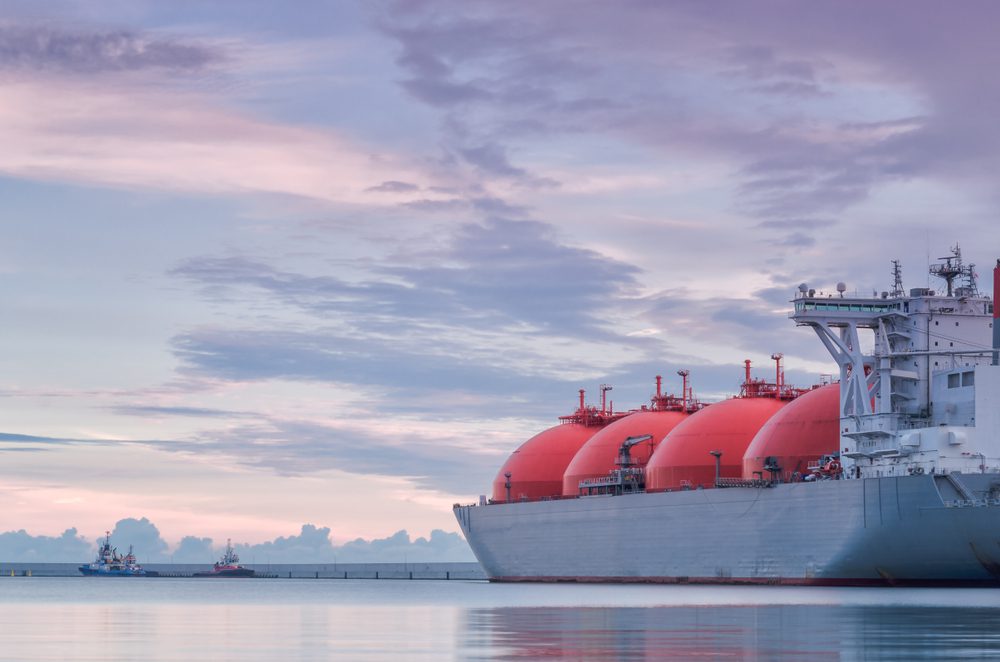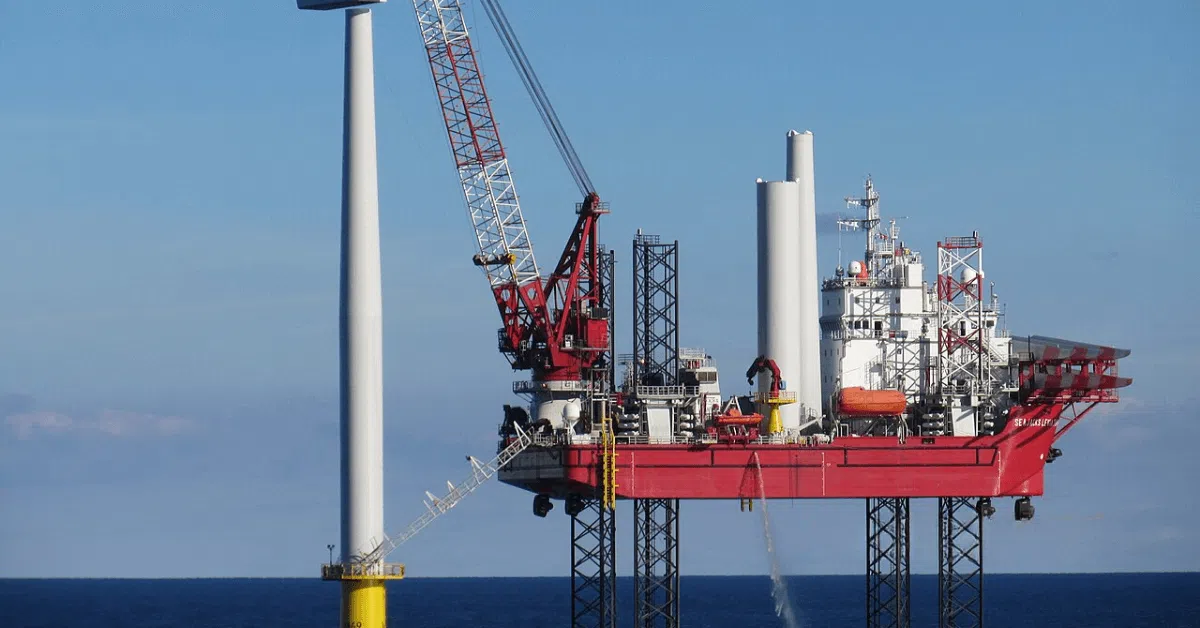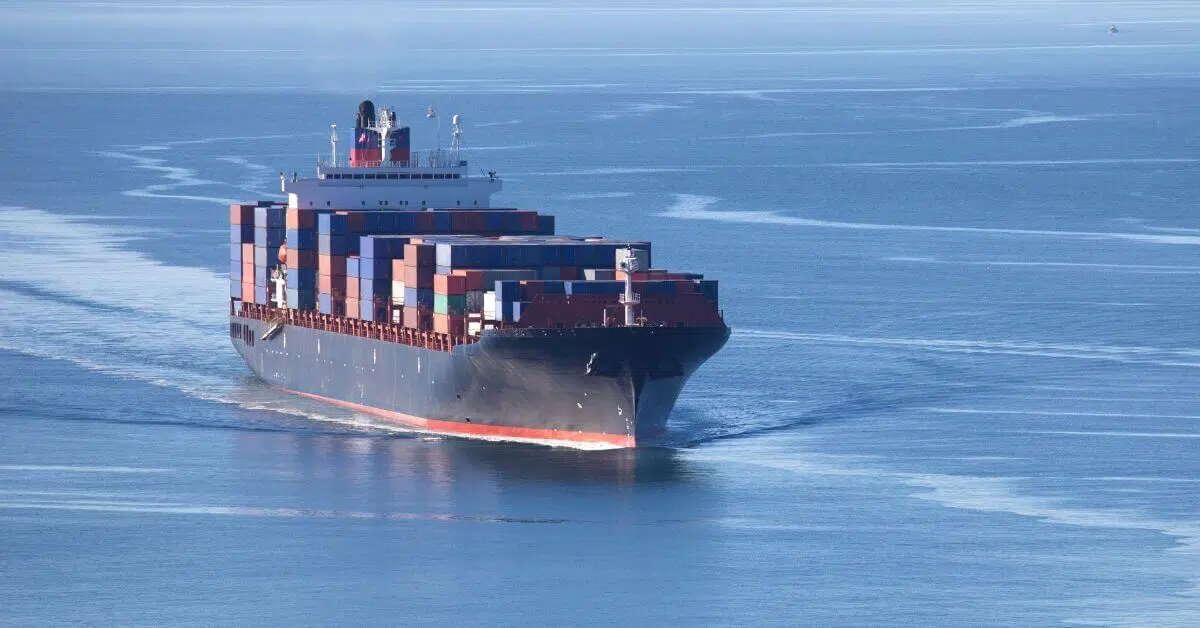Adopting the deal and strengthening the rules to restrict first-generation biofuels and boost e-fuels can turn the Net-Zero Framework into a genuine engine for decarbonisation, argues Dr Aly Shaw, IMO policy manager at Brussels-based NGO Transport & Environment
INTERNATIONAL shipping is finally required to face up to its climate problem. This week, governments are meeting at the International Maritime Organization to sign off on a decarbonisation framework for one of the world’s dirtiest industries. It is a rare moment of global co-operation in a time of geopolitical tensions and climate policy pushback.
However, as it stands right now, the framework risks sending shipping on the wrong course. For shipping to become a success story of global co-operation delivering real climate solutions, the IMO’s Net-Zero Framework (NZF) must restrict the use of first-generation biofuels and shift the focus towards incentivising e-fuels instead.
Crop-based biofuels are likely to offer a relatively inexpensive compliance option through fuel blending. Therefore, this framework creates a powerful incentive for the industry to double down on fuels that are anything but environmentally friendly. Crop biofuels need huge amounts of land, pushing expansion of food production into new areas, which often leads to deforestation and consequently huge indirect emissions (because forests normally sequester CO2).
If the new rules go ahead unchecked, the IMO deal could double global biofuel demand by the 2030s*. This would mean locking the shipping industry into a path which replaces one climate problem with another.
Supporting the shift towards sustainable and scalable green e-fuels is a better option. Yet these fuels are not properly incentivised under the new IMO NZF. Without specific targets or monetary and non-monetary incentives, they will continue to struggle to compete with the cheap, yet damaging, crop-based biofuels.
Green e-fuels producers themselves have reported that the IMO NZF does not provide the signals needed to drive investment. Without stronger policy measures, demand for green e-fuels is unlikely to take off until the late 2040s, which would make it impossible to meet the decarbonisation goals set for 2050.
Progress is better than paralysis, but a steady course in the wrong direction still ends in failure. Is it too late to fix this issue? Depends on what the progressive countries will choose to fight for next.
There are a few tried and tested tools that countries can support.
First is the introduction of a multiplier for e-fuels in the relevant IMO guidelines, which would help narrow the cost-gap between e-fuels and other alternatives, thereby giving a clear market signal for producers that there will be demand for these fuels.
Another is optimising the planned financial reward system to support these long-term scalable fuels But it will take a long time to set up a reward scheme and money will be in short supply. Designing the reward system will take several rounds of negotiation over the coming years, and adding the e-fuels multiplier now will bridge the e-fuels incentive gap and unlock a meaningful supply of these critical fuels.
The IMO NZF is far from perfect, but it is a start. Adopting the deal and strengthening the rules to restrict first-generation biofuels and boost e-fuels can turn this framework into a genuine engine for decarbonisation.
International shipping has the potential to be a rare success story for multilateralism, but protecting the climate must always come first.




